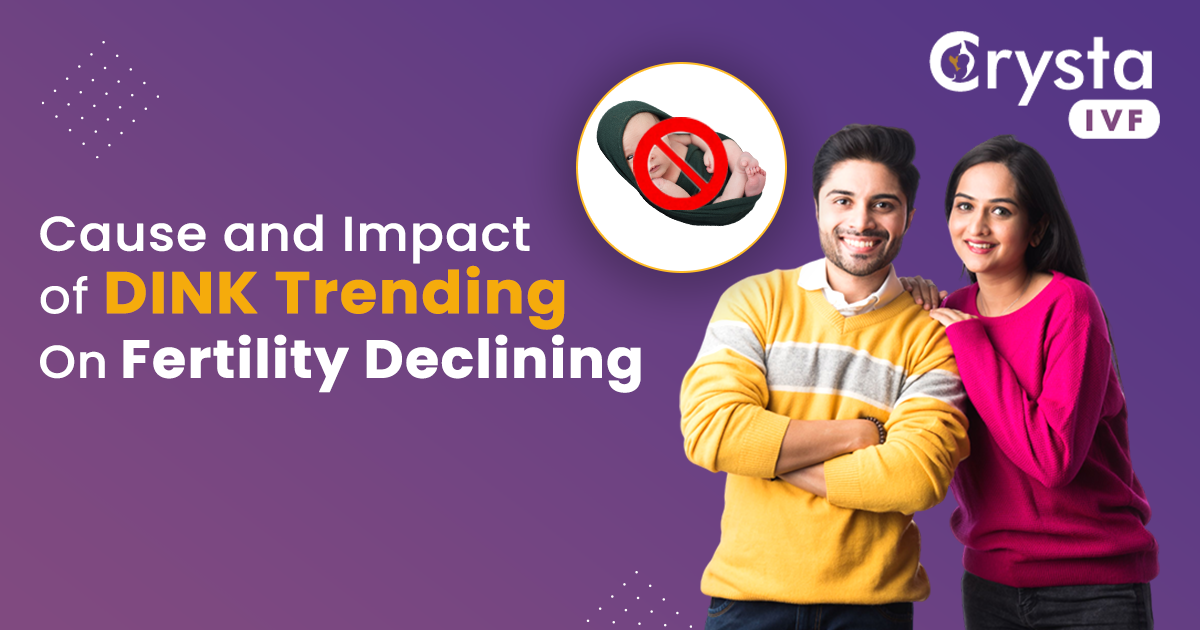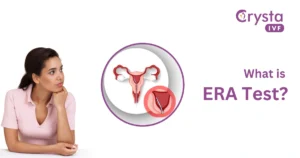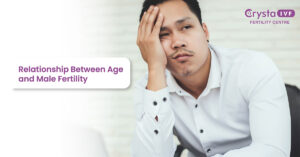According to the survey, the number of Dink and infertility in India is expected to increase by 30% every year. Remarkably, 42% of nuclear families in rural areas and 22% of those in metropolitan areas are seen to lead this lifestyle. An increasing number of people are interested in knowing how lifestyle variables affect fertility.
Alcohol intake is one such issue that has drawn attention, especially from couples that follow the Dink (Dual Income, No Kids) lifestyle. While most people believe moderate alcohol intake to be harmless, certain evidence indicates that frequent or excessive drinking may have negative effects on fertility.
What is the DINK?
DINK Means (Double Income, No Children). It describes a class of individuals or couples that choose not to have children despite earning money from jobs or investments. These couples often have more flexible lifestyles than those with children and have higher discretionary income levels.
As more women entered the job and pursued higher education later in the 20th century, this word became increasingly common. This made it easier to support two salaries and altered public perceptions about motherhood. This phenomenon has altered family structures and society’s values, among many other effects.
What is Infertility?
The incapacity to conceive or bring a pregnancy to term following a year or more of consistent, unprotected sexual activity is known as infertility. Infertility can affect either partner or both men and women, and it can be brought on by a number of different circumstances. There are several reasons for infertility, including:
- Women with irregular menstrual periods or polycystic ovarian syndrome (PCOS) are examples of ovulation abnormalities.
- Reproductive organ obstructions or structural issues, such as men’s clogged sperm ducts, women’s obstructed fallopian tubes, or uterine fibroids.
- Hormone abnormalities influencing a man’s ability to produce or use sperm
- Reduction in fertility with age, especially in women over 35
- Lifestyle choices including smoking, binge drinking, and being
Why is DINK Choosing Not to Have Kids?
- Monetary considerations
Bringing up kids requires a significant financial outlay. The idea that all Dink and infertility couples have large disposable incomes is untrue. Many low-income couples in both rural and urban areas struggle to make ends meet. There is a significant financial burden associated with raising and educating children. Not having kids allows DINK couples with more discretionary income to enjoy more of life’s pleasures, such as travel and leisure.
- Promotion in Careers
Today’s culture is full of ambitious men and women prioritizing their jobs. Their priorities are mostly to devote their time, money, and energy to reaching their professional objectives. They don’t want to have to take time off for children to affect their work and hinder their chances of moving up the professional ladder.
- Lifestyle Decisions
Having children reduces your independence and flexibility. DINK couples typically like having no obligations and want to be free to enjoy life’s little surprises, such as travel and leisure. Rather of taking care of the children, they would rather spend their time and resources on relationships, personal growth, and self-care.
Impact of DINK on Infertility
- Fertility is declining
Because Dink and infertility couples opt not to have children, they contribute to the decline in fertility rates. This implies lower birth rates, which may or may not have an impact on them but has an impact on factors like workforce dynamics and population growth.
- Ageing Population
DINK couples make up a portion of the population that is getting older without having children. Loneliness may result from the pair having no one to care for them, particularly if one partner is gone. Taking a broader view, fewer people are providing care for elderly citizens, which puts a pressure on the hospital system and other areas.
- Economic repercussions
Lower fertility rates have a number of negative economic effects, such as slower economic growth, a smaller labor force, and a rise in reliance. A declining population results in lower labor and spending.
Summary
Even having the occasional drink or two might seem innocuous, but heavy or severe alcohol use can affect fertility, especially in couples who follow the Dink and infertility lifestyle. Couples can increase their chances of becoming pregnant and accomplishing their family planning objectives by being aware of the possible effects of alcohol on reproductive health and adopting educated lifestyle decisions. Recall that moderation is essential, and getting expert advice may be a great way to support you on the path to parenthood.
Also Read:
How To Deal With Unexplained Infertility?
What is Secondary Infertility? Causes, Symptoms and Treatment
What are the causes of female infertility?
The Unspoken Truth of Male Infertility!




